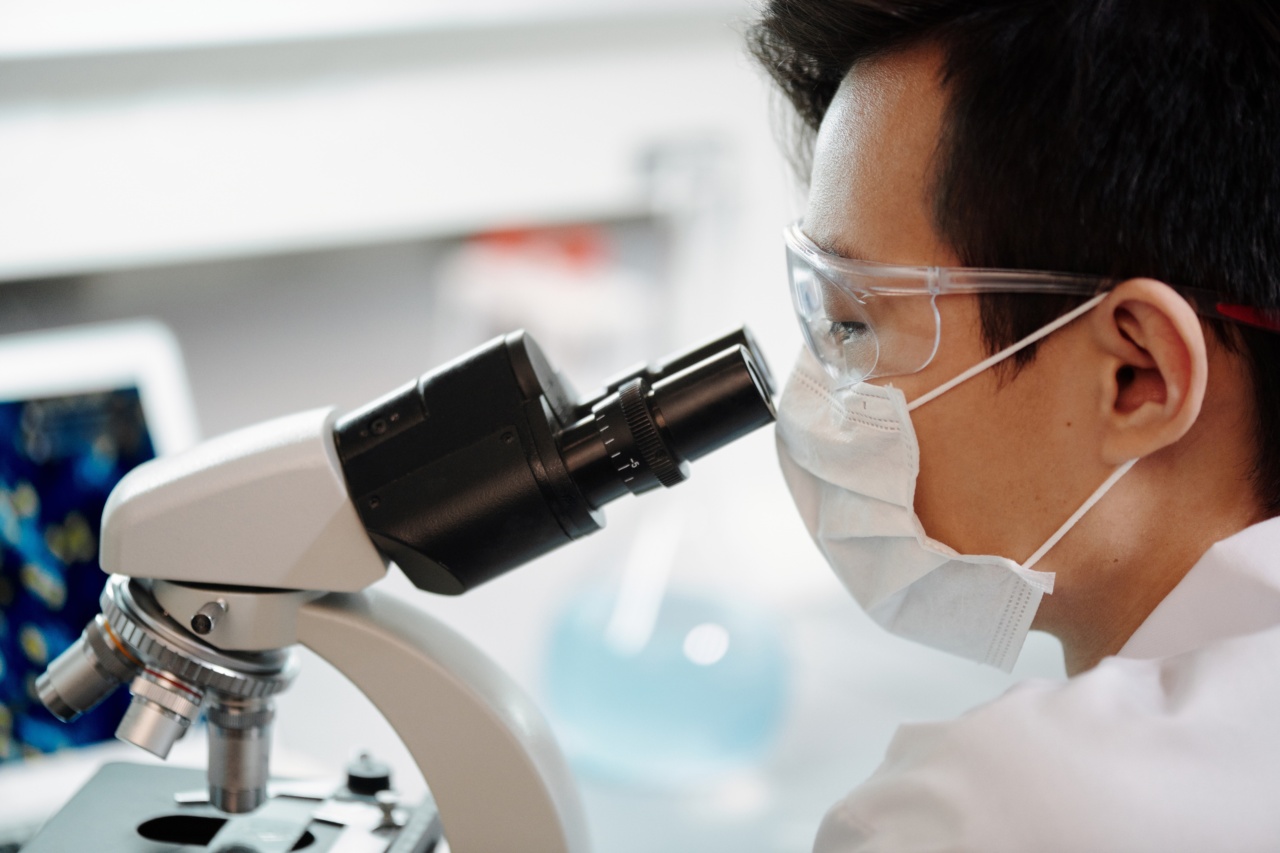Bacteria have been studied and researched extensively over the years, leading to numerous breakthroughs in medicine, agriculture, and technology. Here are 10 of the most influential and accomplished scientists when it comes to the study of bacteria:.
1. Louis Pasteur
Louis Pasteur was a French microbiologist and chemist who is credited with pioneering the germ theory of disease.
He discovered that bacteria and other microorganisms were responsible for causing infections and diseases, and developed techniques to prevent their spread. His work revolutionized the fields of microbiology and immunology and led to the development of vaccines and antibiotics.
2. Robert Koch
Robert Koch was a German physician and microbiologist who is known for his work on the identification of specific bacteria that cause diseases.
He discovered the bacteria responsible for tuberculosis, cholera, and other illnesses, and developed methods for isolating and growing bacteria in the laboratory. His contributions to microbiology have had a lasting impact on public health.
3. Alexander Fleming
Alexander Fleming was a Scottish scientist who is credited with the discovery of penicillin, the first antibiotic drug.
He observed that a mold called Penicillium notatum had contaminated one of his petri dishes, and that the bacteria surrounding the mold had stopped growing. This led to the development of penicillin, which is still used today to treat bacterial infections.
4. Selman Waksman
Selman Waksman was a Ukrainian-American microbiologist who is known for his discovery of streptomycin, the first antibiotic effective against tuberculosis.
He also coined the term “antibiotic” to describe substances that kill or inhibit the growth of bacteria. His work led to the development of many other antibiotics that are still used today.
5. Paul Ehrlich
Paul Ehrlich was a German physician and scientist who is considered one of the founders of immunology.
He developed a theory of immunity based on the idea that the body produces antibodies that specifically target and destroy infectious agents like bacteria. He also discovered compounds called “magic bullets” that were designed to selectively target cancer cells and other pathogens without harming healthy tissue, a concept that is still being pursued today.
6. Carl Woese
Carl Woese was an American microbiologist who is known for his discovery of a third domain of life, separate from bacteria and eukaryotes, called the Archaea.
This discovery upended the traditional view of the tree of life and revolutionized our understanding of the diversity of living organisms on Earth. Woese’s work also laid the foundation for the field of molecular biology.
7. Dorothy Hodgkin
Dorothy Hodgkin was a British biochemist who is known for her work on the determination of the three-dimensional structures of important biomolecules, including penicillin and insulin.
She developed new methods for x-ray crystallography that allowed researchers to better analyze the shapes and structures of molecules, leading to new insights into the functions and properties of these molecules.
8. Lynn Margulis
Lynn Margulis was an American microbiologist who is known for her work on the endosymbiotic theory of the origin of eukaryotic cells.
She proposed that complex cells evolved from the merging of simpler cells, such as bacteria, that formed a symbiotic relationship. Her theory challenged the prevailing view of the origin of eukaryotic cells and helped advance our understanding of evolution and the diversity of life on Earth.
9. Craig Venter
Craig Venter is an American geneticist who is known for his work on the sequencing of the human genome and the creation of the first synthetic organism.
He developed new techniques for sequencing DNA that allowed researchers to map the entire human genome in just a few years. He also led the team that created the first synthetic bacterium, opening up new possibilities for the creation of new life forms and the study of their functions and properties.
10. Jennifer Doudna
Jennifer Doudna is an American biochemist who is known for her work on the development of the CRISPR-Cas9 gene editing system.
This technology allows scientists to precisely target and modify specific genes in cells, opening up new possibilities for the treatment of genetic diseases, the creation of new organisms, and other applications. Doudna’s work has led to numerous breakthroughs in the field of genetics and has the potential to transform medicine and biotechnology.































